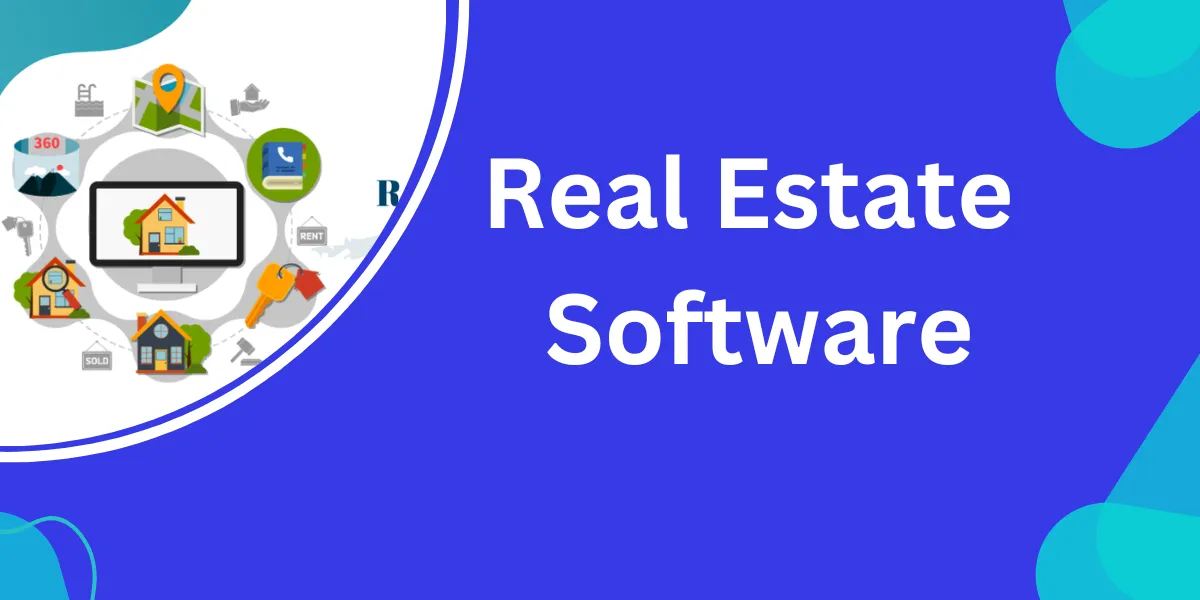Real Estate Software
In the fast-paced world of real estate, staying ahead of the game is crucial for success. With the advent of technology, the industry has witnessed a remarkable transformation, and one key player in this revolution is real estate software. This innovative tool has revolutionized how properties are managed, making the process more efficient and streamlined.
Real estate software encompasses various applications and platforms designed to assist real estate professionals in their daily operations. These software solutions cover all aspects of the real estate business, from property listings to customer relationship management, financial analysis, and document management.
One of the primary advantages of real estate software is its ability to centralize information. Instead of relying on traditional paper-based systems or scattered digital files, real estate professionals can now access all their data in one place. This centralized approach ensures that information is readily available, eliminating the need for tedious manual searches and reducing the risk of errors.

Furthermore, real estate software simplifies the process of property management. Tasks such as tracking rental payments, managing lease agreements, and scheduling maintenance can all be automated, saving time and effort. Property owners and managers can set up reminders and notifications to ensure that important deadlines are never missed.
Another significant benefit of Real Estate Software is its role in facilitating communication and collaboration. With features such as client portals and messaging systems, real estate professionals can interact with clients, tenants, and colleagues seamlessly. This improves overall efficiency, as information can be shared instantly, reducing delays and miscommunication.
Financial analysis is another area where real estate software shines. These tools provide comprehensive reports and analytics, allowing real estate professionals to make data-driven decisions. From assessing property values to evaluating investment opportunities, these software solutions provide valuable insights that can greatly enhance profitability.
Real estate software also plays a crucial role in marketing and customer management. These tools enable professionals to create attractive property listings, generate virtual tours, and track leads. Additionally, customer relationship management features help maintain a client database, allowing for personalized communication and targeted marketing campaigns.
With the advent of cloud computing, real estate software has become even more powerful and accessible. Cloud-based platforms offer remote access, enabling real estate professionals to manage their properties from anywhere at any time. This flexibility is especially valuable for those managing multiple properties or operating in different locations.
In conclusion, real estate software has revolutionized how properties are managed, providing real estate professionals with efficient, streamlined, and powerful tools. By centralizing information, automating tasks, and facilitating communication, these software solutions enhance productivity, improve decision-making, and ultimately contribute to the success of real estate businesses. As technology advances, the future of real estate software looks promising, with further innovations on the horizon.

















